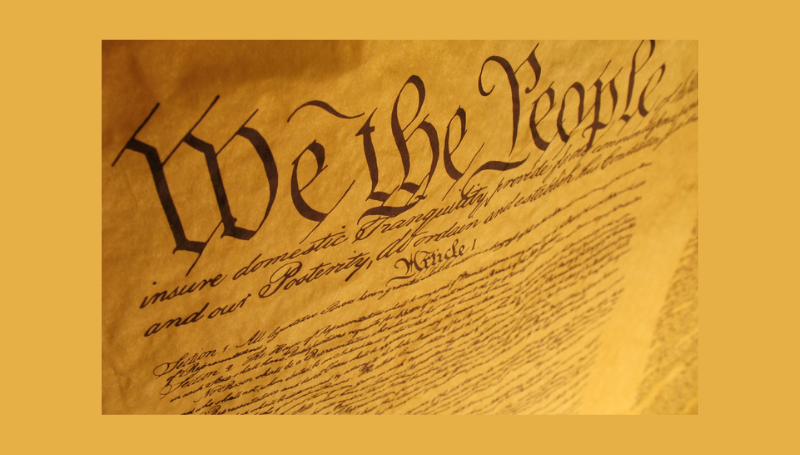Nils A. Haug
Gatestone Institute, Jan. 1, 2025
“Islamic jihadists appear to believe that they are doctrinally permitted to sow terror, death and destruction among non-Muslims wherever they are.”
The laws of the Torah, which became known to the world as Moses’ Ten Commandments, founded the West’s moral and ethical precepts on which its laws and judicial concepts such as justice and mercy are based. This development is reflected in the United States’ founding documents, as well as England’s Magna Carta of 1215, among others.
The opening paragraph of America’s 1776 Declaration of Independence, for instance, refers to “the laws of nature” and “nature’s God.” From this assertion, the imperative of a sound ethical, moral and religious foundation for America’s values was established. According to America’s founding fathers, the laws of Moses – those moral codes sometimes collectively referred to as the “natural law” – underpin the value-based Western order, or civilization as distinguished from barbarism. In terms of religion, people in the West generally value the underlying importance of these Judeo-Christian values to their community.
The emphasis on definitive ethical-moral parameters might disturb some the West. “Jewish people brought morality to the world thousands of years ago, and some people are still mad about it,” remarked the CEO of US technology giant Oracle, Safra Catz.
Islamic values, in contrast, originate from the Quran and the Hadith — the sayings and actions of Mohammed, written 200 years after his death. Both books contain the bases of Sharia [“The Path”] and Islamic law, which, in application, can have moral and ethical requirements antithetical to Western concepts of justice.


